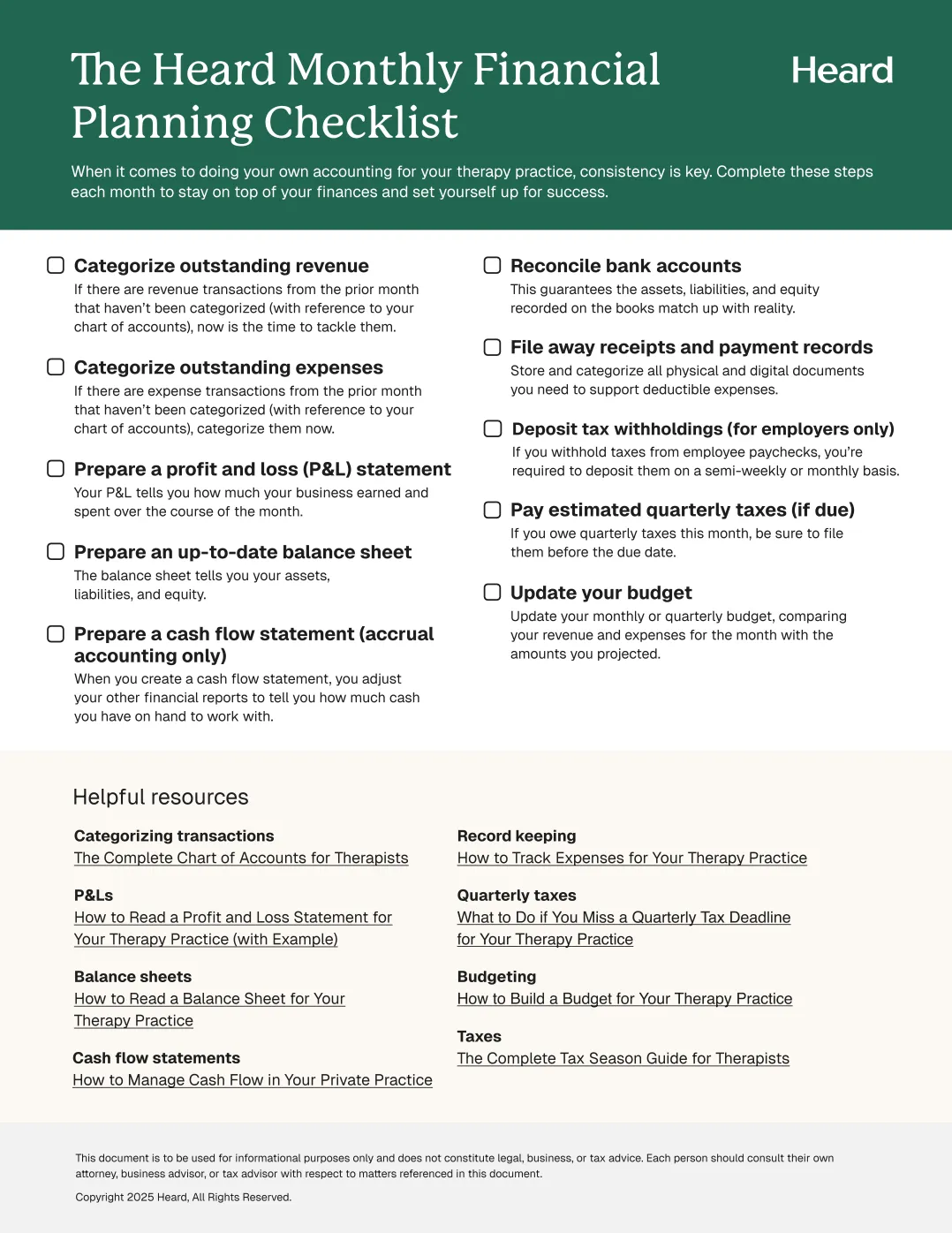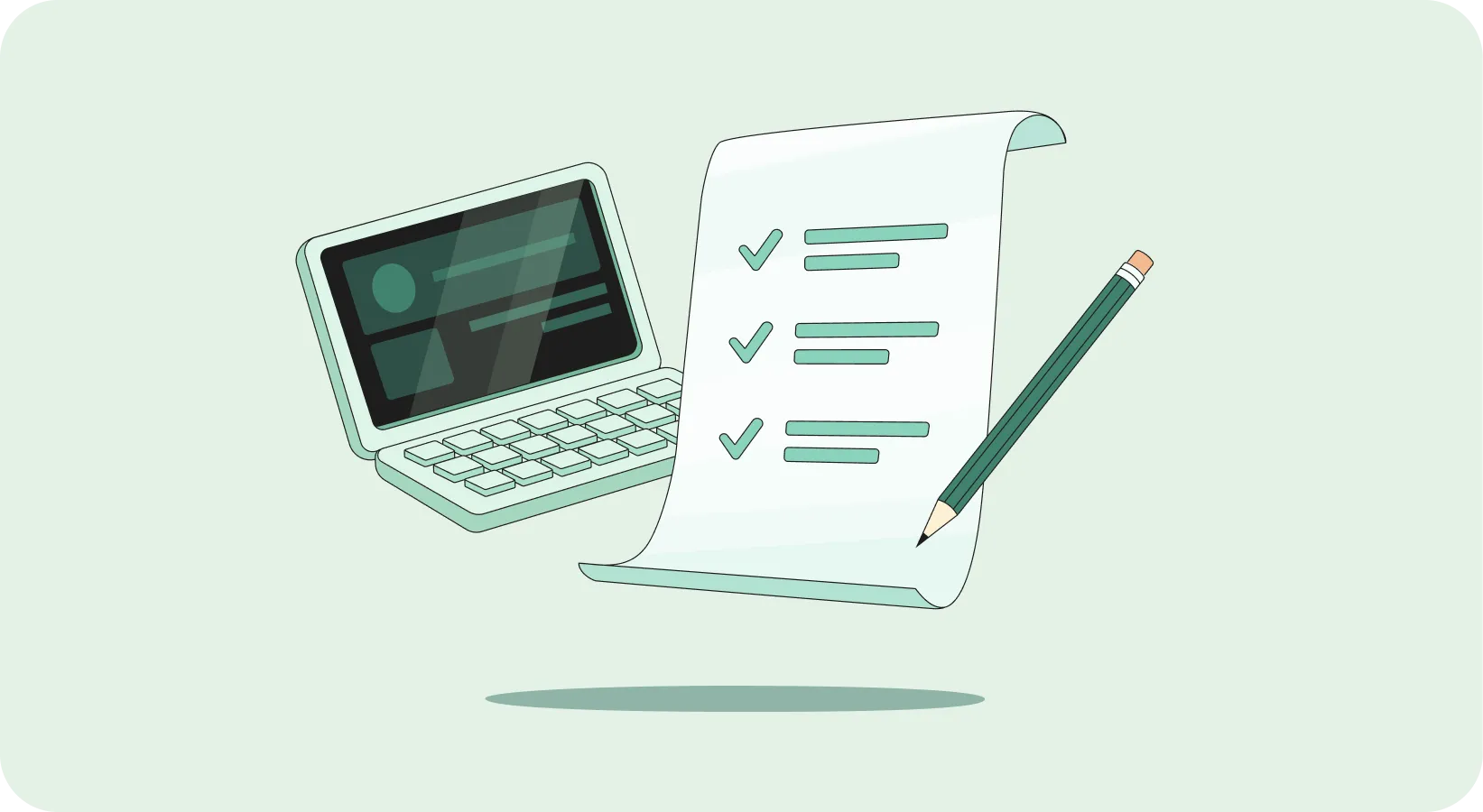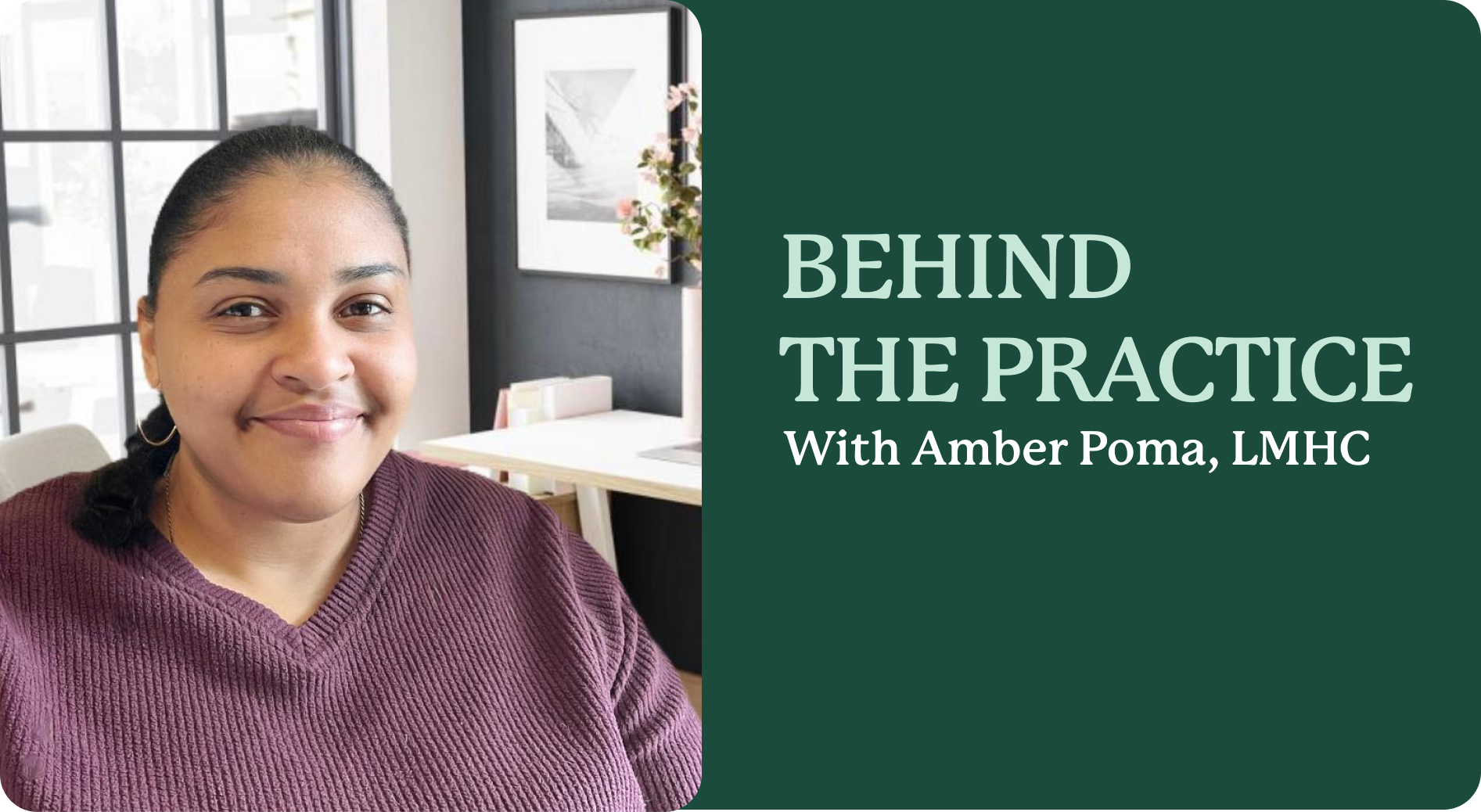Your relationship with money is a silent yet powerful force that has the potential to impact every facet of your life, shaping not only your financial well-being but also influencing the way you navigate your professional role as a therapist and business owner.
As practitioners in the field of mental health, our connection with money can either serve as a pillar of support or as a barrier to our own prosperity and the efficacy of our therapeutic work.
Recognizing the profound impact of this relationship is paramount. It compels us to embark on a journey of healing, not merely for financial stability, but to reclaim our sense of self-worth and empower our clients in their own journeys.
{{resource}}
Understanding your relationship with money as a therapist
The first step toward healing your relationship with money is to become more aware of it in the present and develop a comprehensive understanding of where it came from, including your money story and what money represents to you.
Read my article on understanding your relationship with money as a therapist.
Three major factors that impact your relationship with money as a therapist
As you can see from the previous article I wrote on understanding your relationship with money, the messages we receive and internalize about money come from a variety of sources.
In my own experience and my work with therapists in Financial Therapy, there are three sources that tend to have the biggest impact on keeping therapists stuck in unhealthy relationships with money.
- The family you grew up in
- The society you live in
- Your experiences in the field of mental health from graduate school through full licensure and beyond
Keep these in mind as you read about the money healing practices outlined below.
How to move toward healing your relationship with money as a therapist
Healing your relationship with money is a lot like healing other relationships and healing in other areas of your life. It is an ongoing process and the work is never fully done.
While I do not believe there is one “right” way to move toward a healthier relationship with money, there are some common practices that I have studied, used personally, and found to be helpful for my own clients. This is not an exhaustive list, but a great place to start.
Acknowledge and address money shame
What shame messages are you carrying? Examples include, “I don’t trust myself with money” and, “Wanting to make more money makes me a bad person.”
Where did this shame come from? A family member? Societal messages? Graduate School? Recognizing that this shame was given to you and does not come from you is an important part of healing.
Reframe with self-compassion
Having compassion for the younger version of yourself who made the financial decisions you made and reframing them based on the context in which you made that decision. For example, student loan debt could be reframed as money you owe that allowed you to get the education needed to do meaningful and life-changing work.
Forgive yourself for the financial mistakes you have made. Trust that you made the best decision you could with the information you had at the time. You may also need to forgive others who have impacted your financial situation such as a parent or an employer.
Get to know your money parts
If you are familiar with Internal Family Systems (IFS) and even if you aren’t, it can be helpful to explore and befriend the parts of you that come up around money. Using parts work or parts language helps to create some space between you and your parts so that you can make sense of them and connect to some empathy for the role they have been serving.
You can start by using the language “There is a part of me that x.” For example, “There is a part of me that jumps in to offer a reduced rate when sharing my fee with a potential client.”
Identify triggers and make somatic connections
If it is accessible to you, start to notice the sensations in your body that come up around money. This might be when you open your bank account, when you need to let your client know their card was declined, or when raising your rates.
Don’t try to change the sensation, but be curious about what it might be trying to tell you. Start keeping a journal or notes in your phone to begin to identify patterns in your triggers and responses.
Engage in nervous system regulation practices
Oftentimes if you are avoiding your finances or if you are hyper fixated on them, your nervous system is dysregulated.
Spending time in nature, breathing exercises that work for you before, during and after engaging with your money, regular enjoyable movement, mindfulness meditation.
Get clear on your vision for your future
Allow yourself to dream. What do you want YOUR life to look and feel like? Why? What are YOUR values? What is most important to YOU?
How do you define success? How does this relate to your financial goals?
Get honest about your current finances with compassion
Avoiding your finances and the feelings you have around them often build up more stress and anxiety.
Start taking small steps toward becoming fully aware of your financial situation while practicing radical self-compassion with each step.
Create a plan and a system that works for your brain
A money system that removes internal and external barriers is important, especially if you have ADHD for example. It can help to also rename words like “budget” to “spending plan” or “mortgage payment” to “our home.”
Once you have worked through some of the emotional and psychological barriers in your relationship with money, you can start building confidence through financial education and continuing to take informed action to achieve your financial goals.
Limit exposure to messages of shame, scarcity, and comparison
This might mean removing yourself from the toxic therapist Facebook Group where you see therapists judging other therapists for their fees, or unfollowing the Instagram accounts that make you feel like you don’t make enough or have enough.
It could also mean getting rid of those books by the “Finance Gurus” who tell you there is only one way to manage money and “you just need to work more or harder,” both of which are untrue.
Build emotional and practical support around you
Healing happens in community with others: Do you have a supportive partner, family member, or friend you feel comfortable talking to about money? Are you in communities for therapists that encourage a healthy relationship with money based on your individual needs?
Lean In Make Bank (LIMB), Abundance Practice Building , and Money Skills for Therapists are some of my favorite coaching communities for therapists who do just that.
Is past trauma showing up in your relationship with money? You may benefit from working with an Individual Trauma Therapist.
Do you and your partner need Financial Couples Therapy? Working with Heard, a Financial Coach and/or a Financial Planner can also be helpful members of your support system.
{{resource}}
Recommended resources for healing your relationship with money as a therapist
The Art of Money and The Art of Money Workbook by Bari Tessler
Bari Tessler is the Godmother of Financial Therapy. Her books provide insightful questions and valuable exercises for exploring healing your relationship with money.
Trauma of Money is an online training program that focuses on the impact of different forms of collective and individual trauma on your relationship with money and explores different ways of healing.
Recommended resources for learning to help clients with their relationship with money
Financial Therapy Clinical Institute
FTCI provides professional trainings for mental health and financial professionals focused on how to support your clients in improving their relationship with money.
The FTA offers educational training and a certification in Financial Therapy. They also publish the Journal of Financial Therapy, a valuable free resource providing the latest research related to the cognitive, emotional, behavioral, and relational aspects of financial wellness.
Reclaim your sense of self-worth and confidence
Healing your relationship with money as a therapist is not just about financial stability. It's also about reclaiming your sense of self-worth and confidence.
By acknowledging and addressing money shame, reframing past decisions with self-compassion, and getting to know your "money parts," you can embark on a journey toward financial wellness. Identifying triggers, regulating your nervous system, and setting clear goals can further empower you to navigate your financial landscape with resilience.
As you create a supportive environment and seek practical guidance, remember that healing happens in community. By taking these steps, you not only transform your relationship with money but also enhance your ability to support your clients on their own healing journeys.
Embrace the process with patience and self-compassion, knowing that each step forward brings you closer to a future defined by abundance, confidence, and ease.
—
This post is to be used for informational purposes only and does not constitute legal, business, or tax advice. Each person should consult their own attorney, business advisor, or tax advisor with respect to matters referenced in this post.
As the first woman-identified Financial Therapist in the state of North Carolina, Jillian Knight, LMFT specializes in helping women improve their relationship with money. Check out her website to learn more.
{{cta}}
Manage your bookkeeping, taxes, and payroll—all in one place.

Discover more. Get our newsletter.
Get free articles, guides, and tools developed by our experts to help you understand and manage your private practice finances.





